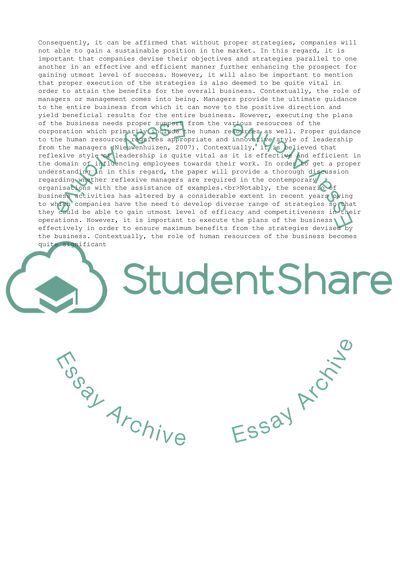Cite this document
(“Reflexive managers are required for contemporary organizations Essay”, n.d.)
Reflexive managers are required for contemporary organizations Essay. Retrieved from https://studentshare.org/business/1639585-reflexive-managers-are-required-for-contemporary-organizations-discuss-using-examples
Reflexive managers are required for contemporary organizations Essay. Retrieved from https://studentshare.org/business/1639585-reflexive-managers-are-required-for-contemporary-organizations-discuss-using-examples
(Reflexive Managers Are Required for Contemporary Organizations Essay)
Reflexive Managers Are Required for Contemporary Organizations Essay. https://studentshare.org/business/1639585-reflexive-managers-are-required-for-contemporary-organizations-discuss-using-examples.
Reflexive Managers Are Required for Contemporary Organizations Essay. https://studentshare.org/business/1639585-reflexive-managers-are-required-for-contemporary-organizations-discuss-using-examples.
“Reflexive Managers Are Required for Contemporary Organizations Essay”, n.d. https://studentshare.org/business/1639585-reflexive-managers-are-required-for-contemporary-organizations-discuss-using-examples.


